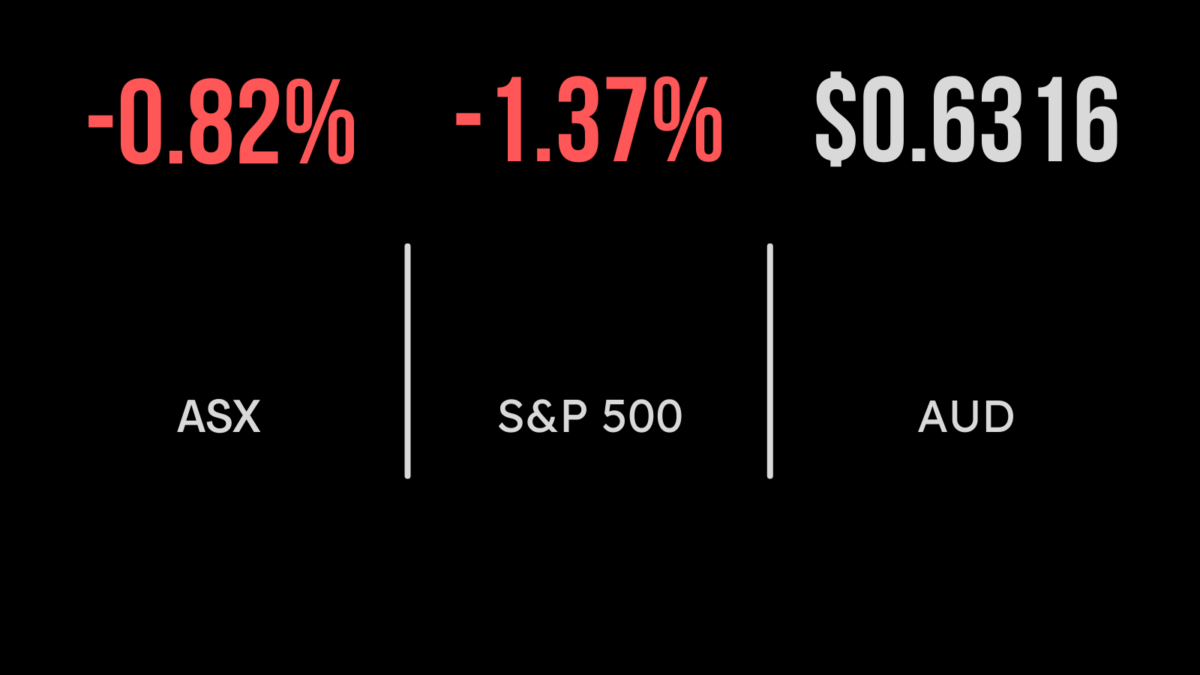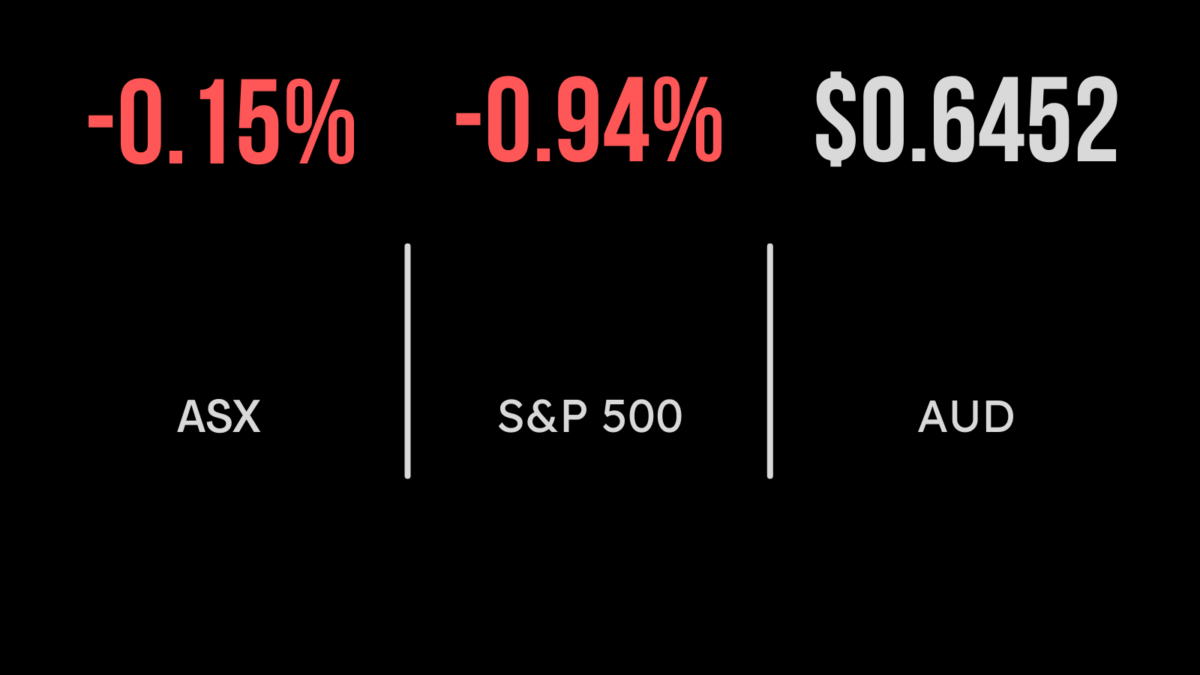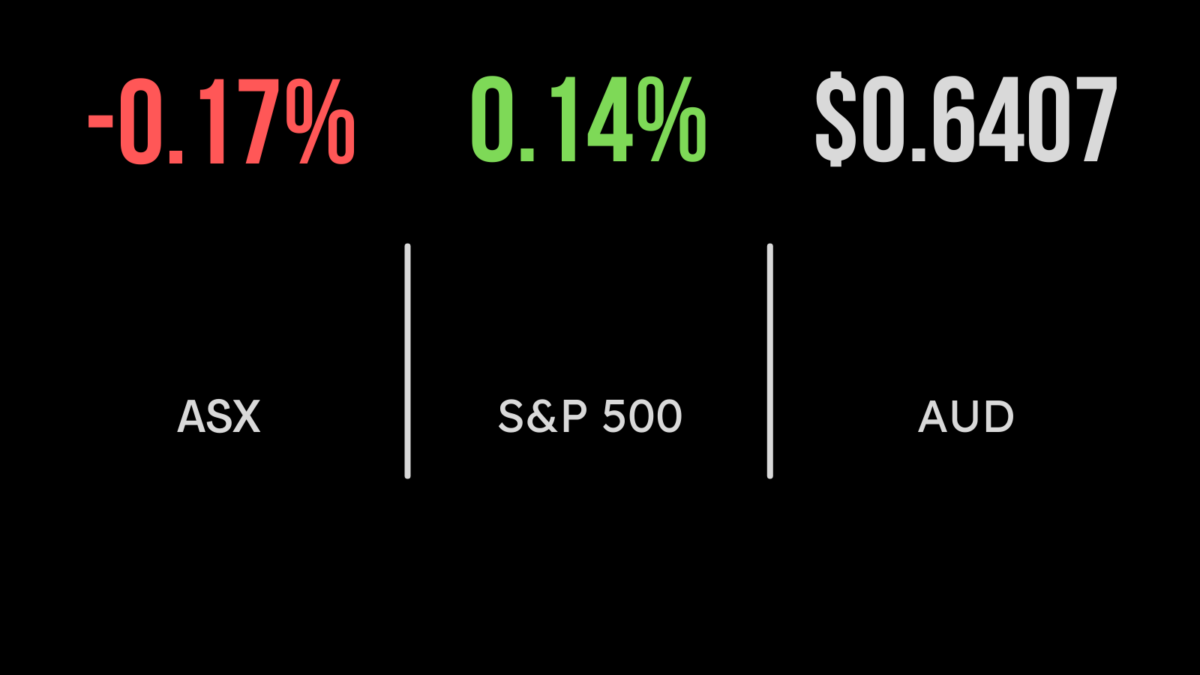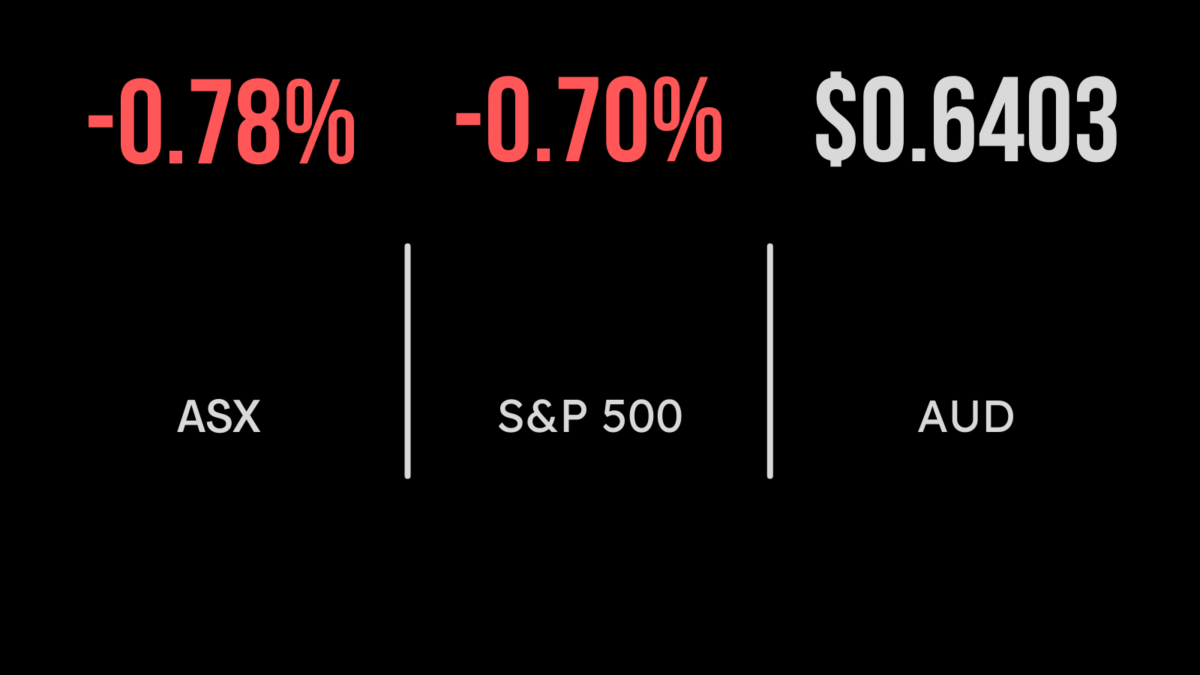-
Sort By
-
Newest
-
Newest
-
Oldest
One sector consistently outperformed for half a decade, while the other took a much more volatile ride to supremacy, riding some almighty tailwinds along the way.
The frictionless movement of assets is becoming a common feature of markets around the developed world, yet Australia remains a step behind. The ASX is in no mood to rush the move to T+1, however, after its calamitous attempt to implement distributed ledger technology.
The Australian stock market has seen a stagnation in returns since 2006, leaving many questioning the wisdom of long-term equity positions. For retirees, it’s a particularly fraught issue, as their financial security depends on how these investments perform.
Share market feels the rates heat The Australia share market retreated to a six-month low on Tuesday, as global markets felt the pressure from surging bond yields – despite, in Australia’s case, the Reserve Bank leaving the official cash rate on hold at 4.1 per cent, for a fifth straight month. The benchmark S&P/ASX200 index…
The S&P/ASX 200 Index closed lower -0.6 percent on Wednesday, primarily driven by a sell-off in materials and energy stocks. The energy sector suffered the most on Wednesday, finishing lower at -1.8 percent, moderating from its recent gains. Woodside, a major oil and gas company, saw a -2.2 percent drop to $37, while Santos slid -1.9 percent to…
Despite strong fundamentals for the chip king, Research Affiliates says investors are overplaying Nvidia as the ‘safe’ hand in the AI game.
Both benchmarks weakened into the close, as both the S&P/ASX200 (ASX:XJO) and All Ordinaries (ASX:XAO) fell 0.2 per cent on Friday. The weakness was driven by the materials sector, which fell 1 per cent, driven lower by BHP (ASX:BHP) and Fortescue (ASX:FMG), down 1.2 and 2.4 per cent. The highlight was the utilities sector…
The local share market weakened again on Wednesday, with the All Ordinaries down 0.7 and the S&P/ASX 200 (ASX:XJO) falling 0.8 per cert as seven sectors fell by more than 1 per cent. The rare highlight was the energy sector, which gained 1 per cent on the back of the oil price surging above US$90…
At this point companies have so many avenues to raise capital that listing in only one of several options. As a result companies are staying private for longer, and direct investors are taking notice.
The public appears to be rewarding efforts to reshape the financial advice and banking industries after the royal commission, with advisers and the banks both enjoying an increase in faith across the community.














